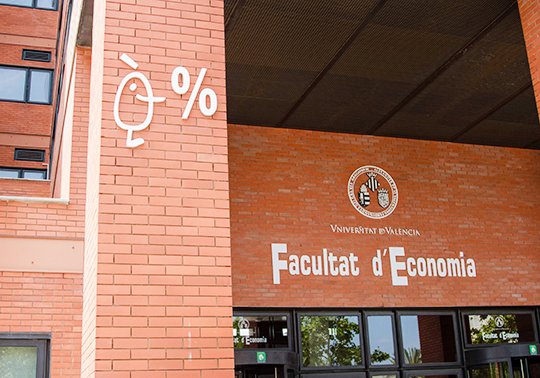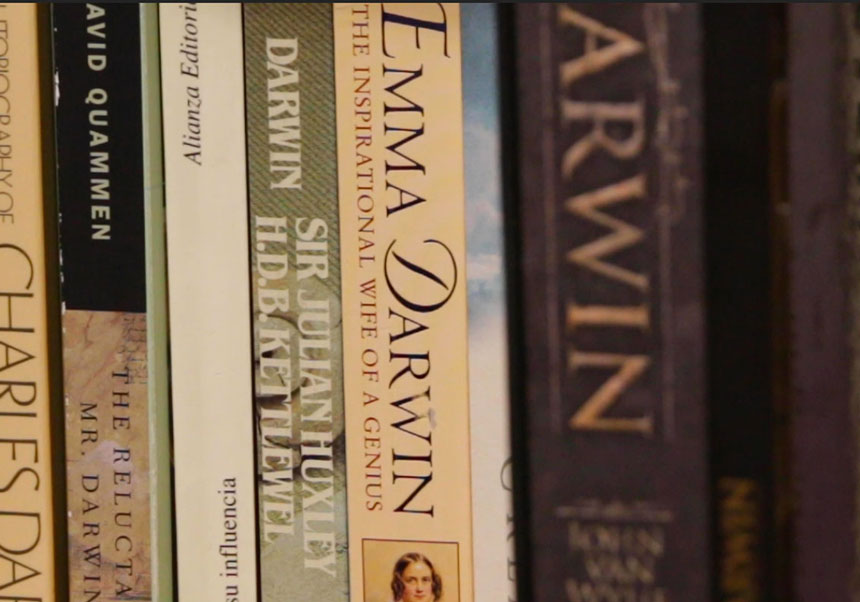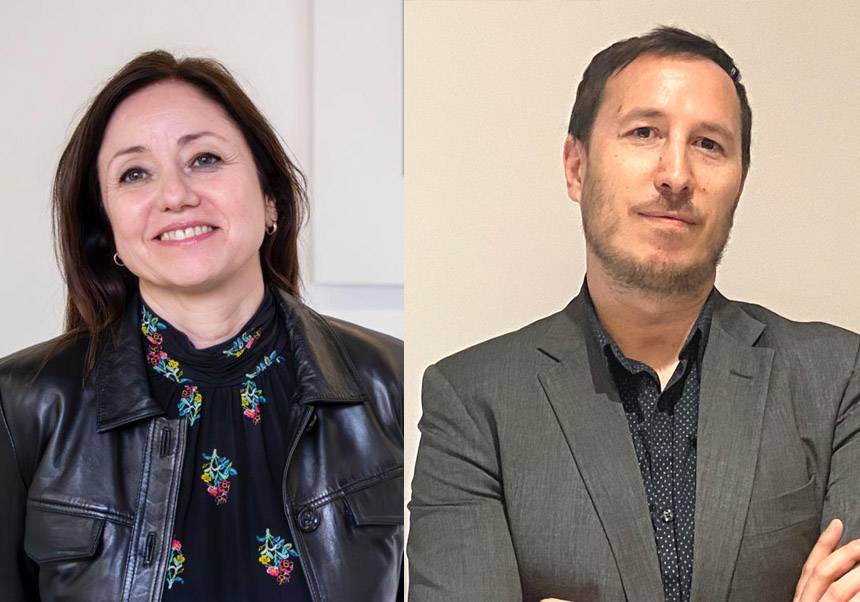Six Nobel laureates, today Monday at the Universitat de València
- June 6th, 2016

Six Nobel laureates come to the Universitat de València on Monday 6 June to participate on different colloquium and conferences at the Burjassot-Paterna Campus and at the Tarongers Campus. The speakers are Jerome Isaac Friedman, Sheldon Lee Glashow and Frank Wilczek (at the Faculty of Physics); Jean-Marie Pierre Lehn (at the Institute for Molecular Science-ICMol, of the Science Park); and Christopher Pissarides and Angus Deaton (at the Faculty of Economics). The meetings hosted at the Universitat are promoted by the Rey Jaime I Prizes Foundation.
This way, Jerome Isaac Friedman, Sheldon Lee Glashow and Frank Wilczek, Nobel laureates in Physics in 1990, 1979 and 2004, respectively, participate on Monday in a colloquium from 11 hours at the Assembly hall of the Eduard Boscà Library (Faculty of Physics). The meeting will be moderated by José Adolfo Azcárraga, president of the Royal Spanish Society of Physics, and it will include a speech of 30 minutes for each of the scientists, and a subsequent colloquium from 12.45 hours. The event will start with the intervention of the Dean of the Faculty of Physics, Soledad Gandía.
On its part, the Institute for Molecular Science (ICMol) will welcome the Nobel laureate in Chemistry of 1987, Jean-Marie Pierre Lehn, in the framework of the VLC-Campus Excellence Colloquia. The French chemist will exchange observations and reflections with students and researchers from the very various lines of research that Chemistry covers. The event will start at 10:00 hours and it will be presented by the Vice-Principal for Research and Science Policy of the Universitat de València, Pilar Campins.
With regard to the event at the Faculty of Economics, it is an Excellence meeting with the Nobel laureates Christopher Pissarides and Angus Deaton, awarded in 2010 and 2015, respectively, with the Nobel Prize in Economics. The event will take place at the Sánchez Ayuso Room at 11:30 hours and it will be moderated by the full university professor of the Universitat, Francisco J. Goerlich.
Jerome Isaac Friedman (1930) is an American physicist awarded with the Nobel Prize in Physics in 1990, together with Henry Kendall and Richard Taylor, for his studies on electrons deep inelastic scattering of protons and neutrons, which has had a decisive importance in the development of the quark model in Particle Physics. Professor of the Massachusetts Institute of Technology (MIT) since 1960, he was director of the laboratory of Nuclear Science between 1980 and 1983. Among other awards, it stands out the W.K.H. Panofsky Prize in 1989. He has been a member of the jury of the Jaime I Prizes on different occasions, and he is a member of the Advisory Committee of the Príncipe Felipe Museum of València.
Sheldon Lee Glashow (1932) is an American physicist awarded with the Nobel Prize in Physics in 1979, along with Steven Wienberg and Abdus Salam, for his contribution to the unified weak interaction and radiant between elementary particles. Physics Professor at Harvard from 1967 to 1984, Higgings professor since 1979 and professor Mellon of Sciences since 1988, he has been a member of the American Advisory Committee of the Academy of Achievement since 1979. Among his awards it stands out his designation as honorary doctor by several universities, as well as the Commemorative Oppenheimer Medal (1977), and the George Ledlie Award.
Frank Wilczek (1951) is an American physicist that, along with David Gross and David Politzer, was awarded with the Nobel Prize in Physics in 2004 for the discovery of asymptotic freedom in the theory of strong interaction, known as quantum chromodynamics (QCD). The fact of demonstrating that when quarks are closer they are freer among themselves, just like rubber bands that the more you stretch them, the greater is the force you need to apply, allows the study of phenomena within particle physics and cosmology, such as the attraction of black holes. He is a Physics professor at the MIT and he has worked at the Institute for Advanced Study of Princeton and at the Kavli Institute in Santa Barbara.
Chemistry
Jean-Marie Pierre Lehn (Rosheim, France, 1939). His work has specially contributed to the development of supramolecular chemistry. The research carried out by Lehn led him in 1968 to the creation of a molecule that is able to combine itself with acetylcholine neurotransmitter, the chemical neurotransmitter of the nervous system signals. Moreover, he developed a terminology that was accepted in the nomenclature of organic chemistry: he gave the name of cryptands to the cavities inside the molecules. He was awarded with the Nobel Priza in Chemistry, along with Pedersen and Cram, for the development and usage of molecules that interact with high selectivity.
Economics
Christopher Pissarides was awarded with the Nobel Prize in Economics for his contributions to the theories of matching and macroeconomics. Currently, he is part of the Norman Sosnow Chair in Economic, London School of Economics. His research interests are focused on the labour market, economic growth and economic policy.
On his part, Angus Deaton was awarded with the Nobel Prize in Economics for his analysis on the systems of demand, consumption and incomes, poverty and well-being. Member of the prestigious British Academy, of the American Academy of Arts and Sciences and president of the American Economic Association, Deaton thesis already got in 2011 the Foundation Frontiers of Knowledge Award in the section of Economics and Finances of the BBVA Foundation.
















